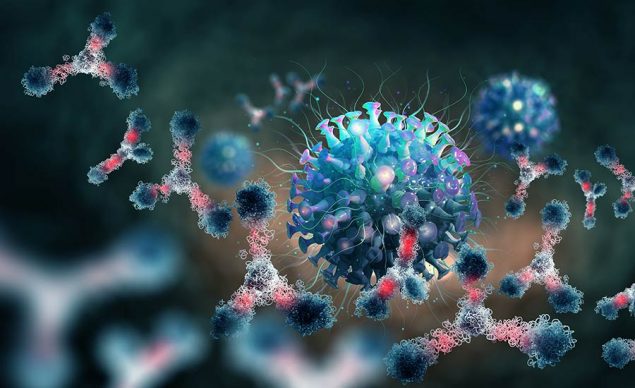Cornell University researchers have challenged conventional beliefs surrounding newborn immune systems, revealing an unexpected prowess in newborn T cells when it comes to fighting infections. Their study, published in Science Immunology under the title “The gene regulatory basis of bystander activation in CD8+ T cells,” sheds light on the unique functions of newborn T cells and their role in early immune defense.
Lead researchers Brian Rudd, PhD, and Andrew Grimson, PhD, alongside their team, delved into the mechanisms underlying the heightened performance of newborn T cells. Their discoveries indicate that chromatin remodeling plays a vital role in enabling newborn T cells to mount rapid and effective responses against a diverse range of pathogens.
Contrary to previous assumptions, newborn T cells exhibit robust activation in response to inflammation, even in the absence of specific antigen recognition. This innate immune response equips newborns with the ability to swiftly combat infections during the crucial early stages of life.
The study underscores the adaptability and resilience of newborn T cells, challenging the notion of their immaturity compared to adult counterparts. By deciphering the genetic pathways governing T cell activation, researchers aim to develop innovative therapeutic approaches to bolster immune defense in both newborns and adults.
Beyond its implications for basic immunology, this research holds promise for applications in vaccine development and disease prevention. Understanding the unique strengths of newborn T cells could pave the way for harnessing their innate abilities to tackle a wide array of infectious diseases.
In essence, the study from Cornell University provides valuable insights into the remarkable capabilities of newborn T cells and their pivotal role in early immune defense. Continued research in this area promises to revolutionize our understanding of immune development and open avenues for groundbreaking medical interventions.















































